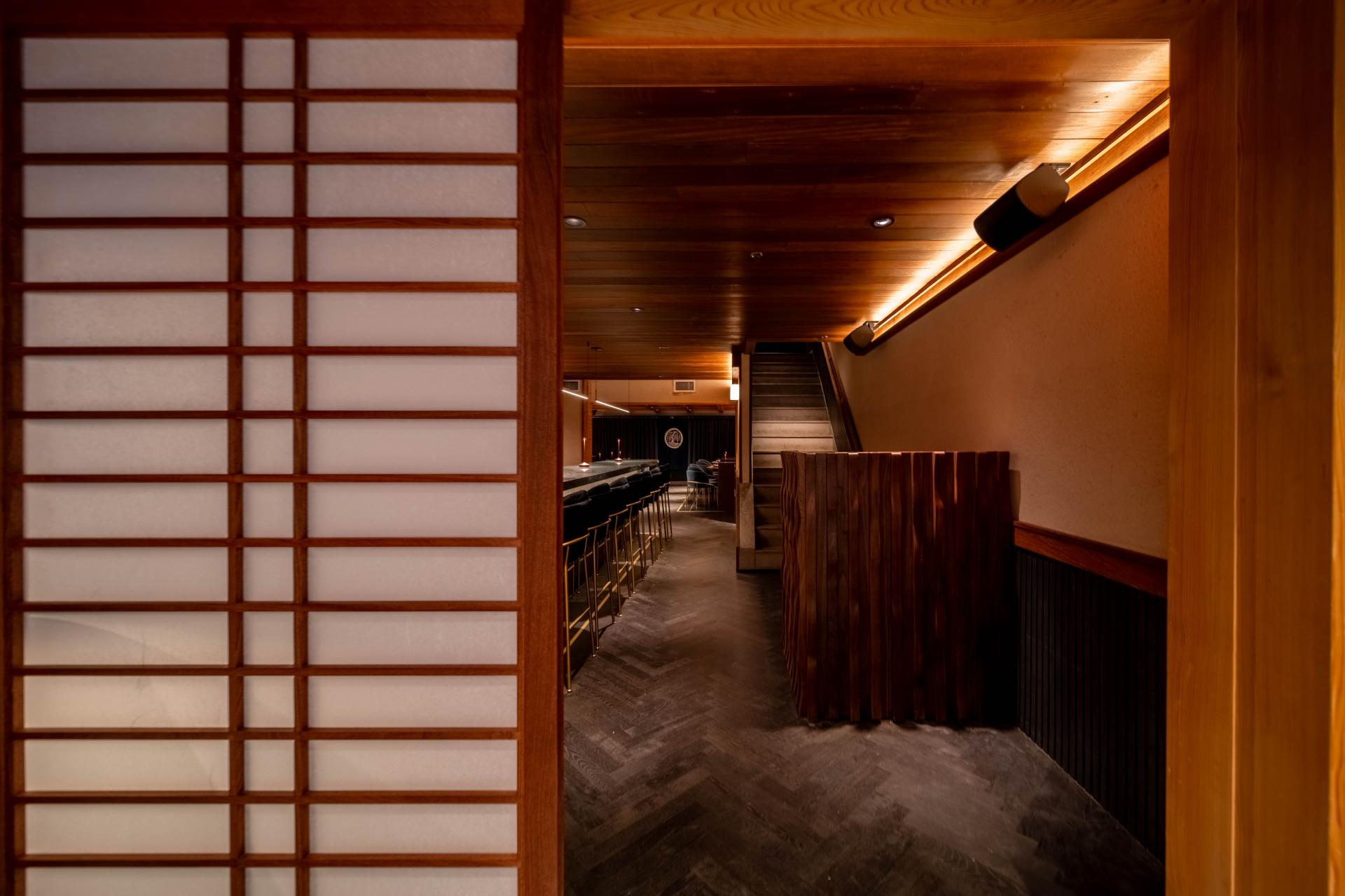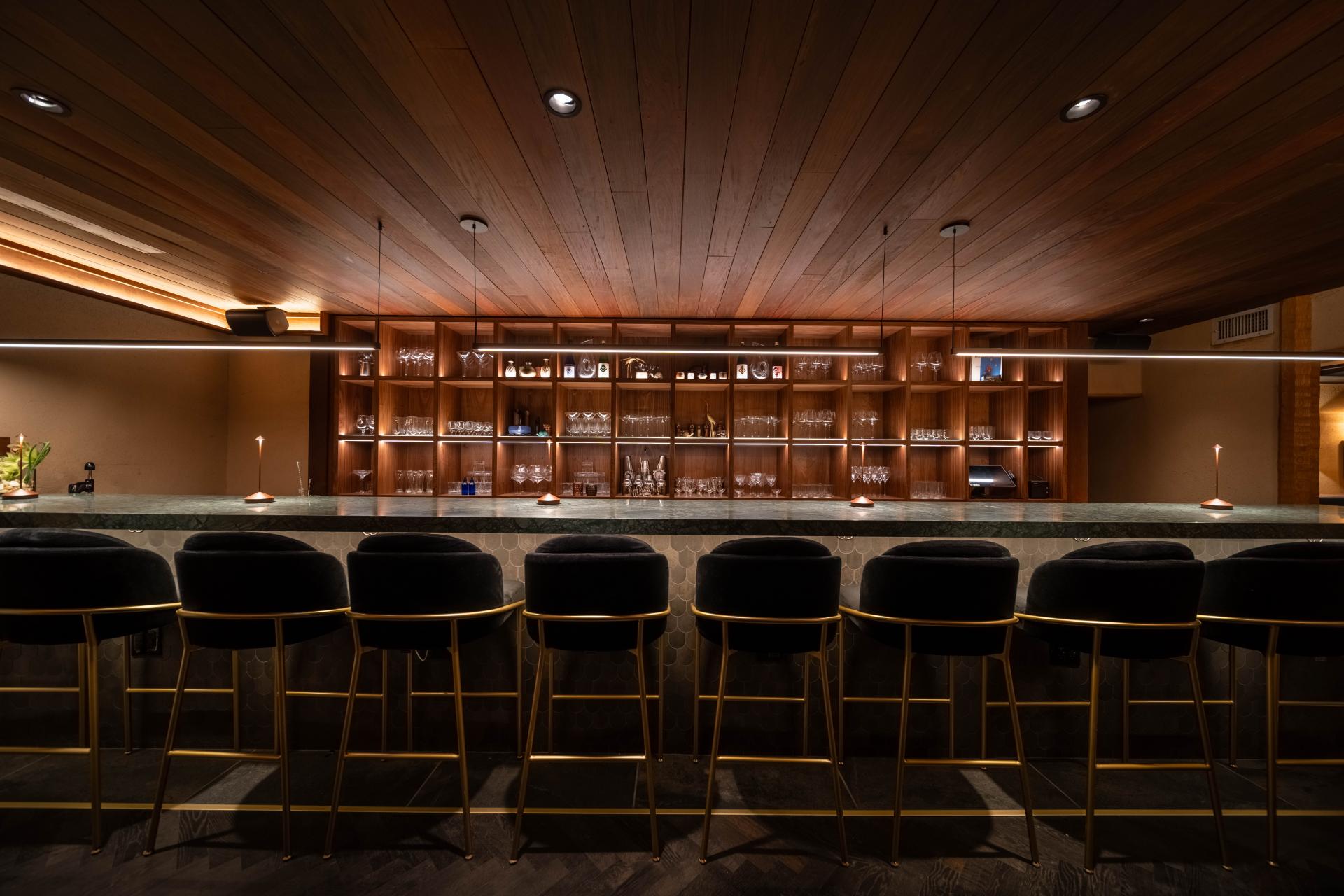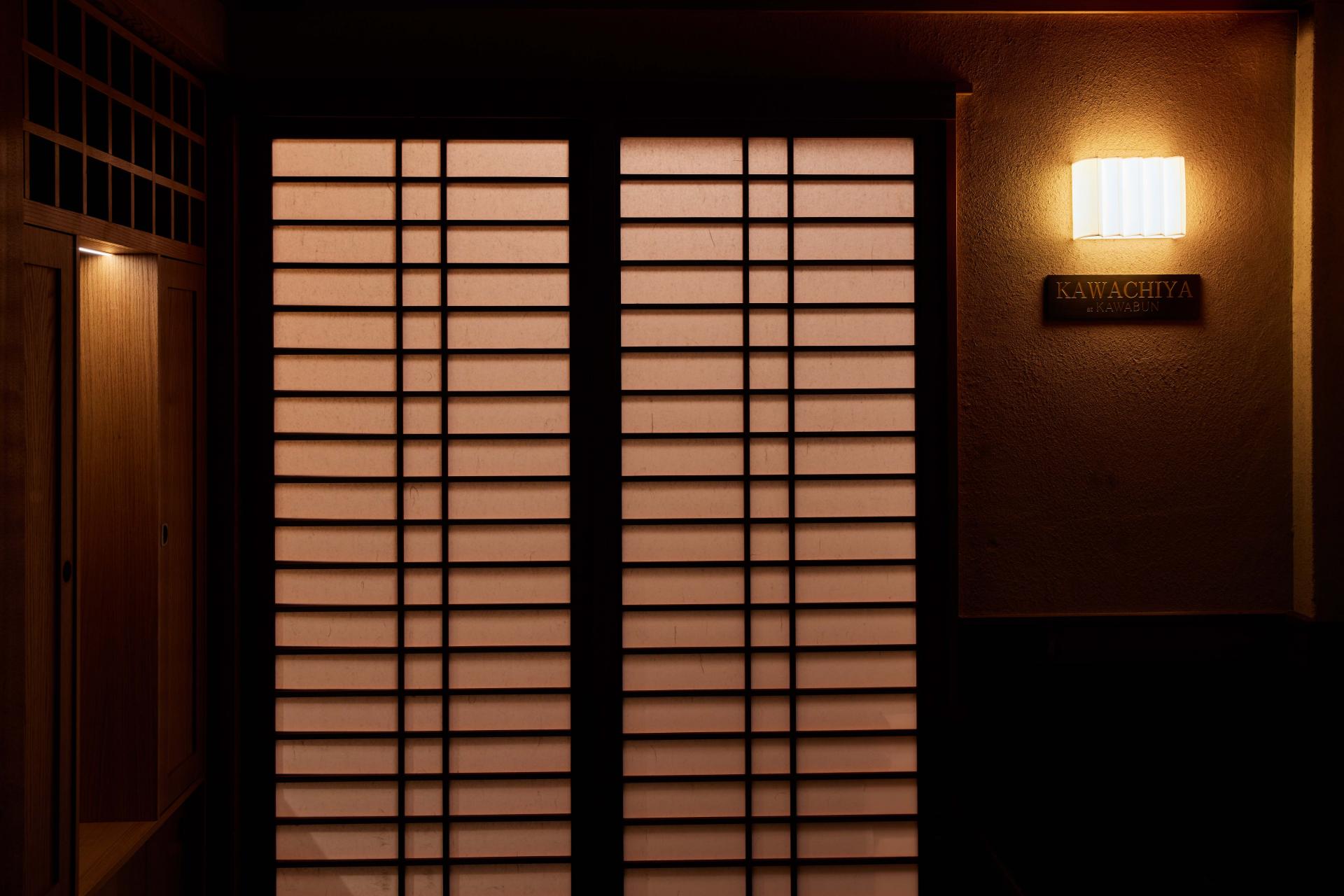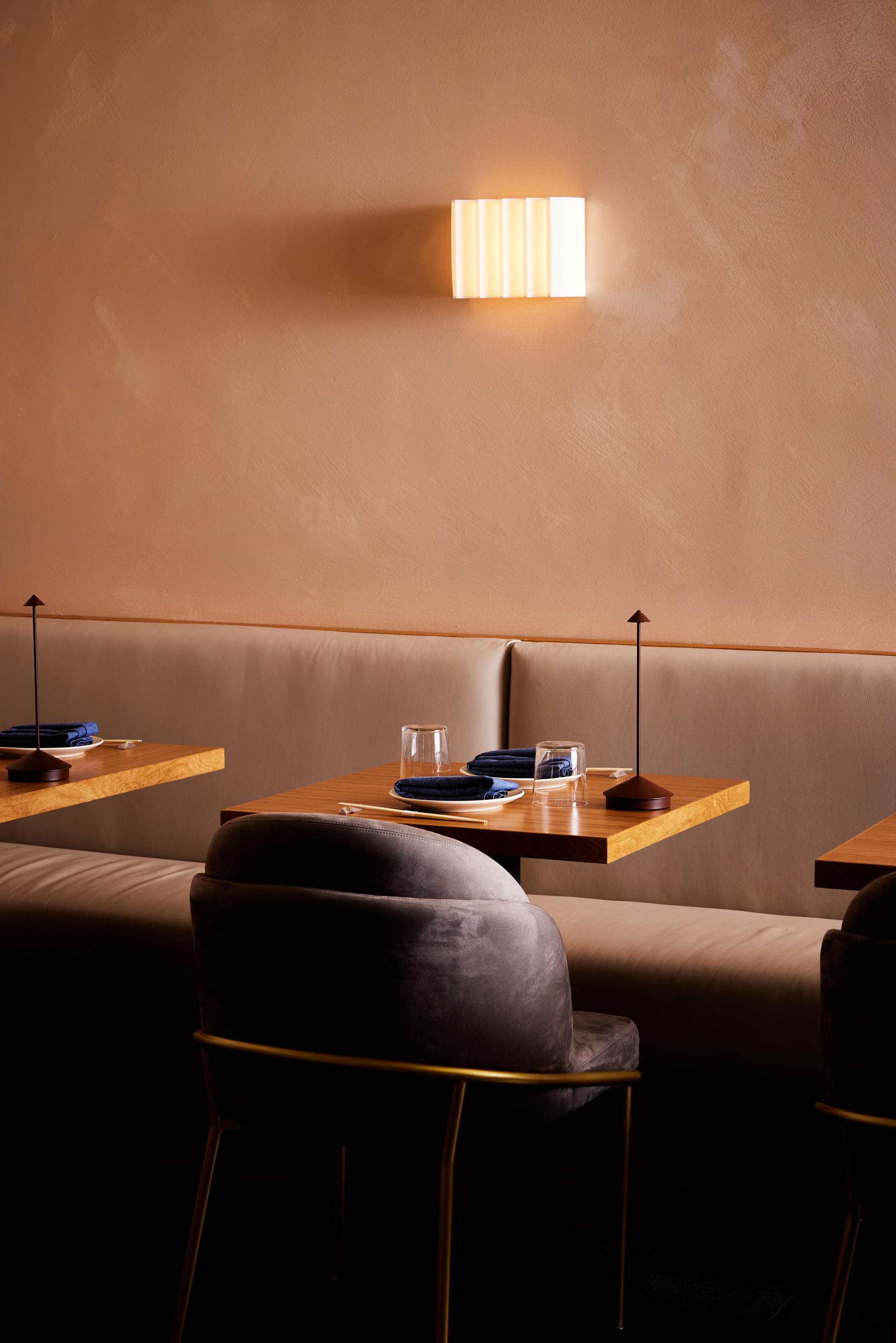2024 | Professional
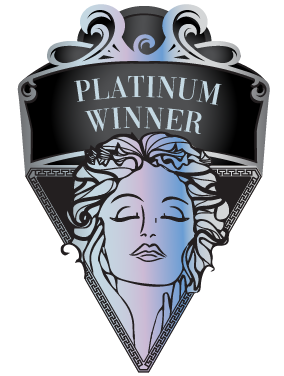
Kawabun
Entrant Company
Bentley Architecture + Design Studio
Category
Interior Design - Hospitality
Client's Name
Plan Do See
Country / Region
United States
Plan Do See brings its iconic Kawabun concept to New York City, all the way from Nagoya, Japan. The original venue and restaurant is a 400-year old structure that is the oldest Ryotei in Japan. Traditionally, a Ryotei was a speakeasy establishment where emperors and other important diplomats would gather by invitation only to have their meetings. Today, the concept comes to New York City while keeping traditional aspects of the Japanese establishment intact. The project features a plethora of natural finishes and experiential spaces to create a unique and diverse atmosphere. The first floor consists of two spaces, a bar and lounge, which holds true the ryotei experience of intimate and private spaces. The second floor, holds a dining room with large 12' ceilings complimented by a hanging Noguchi Light centerpiece and Kaiseki counter room called the Kawachiya Room, named after the fishmonger who founded Kawabun, Kawachiya Bunzaemon.
The design of the space takes on a style of Japanese architecture called Sukiya-Zukuri, which translates to refined, well cultivated taste and delight in elegant pursuits. This architectural style puts a major focus on the use of natural materials, especially wood. Throughout the restaurant, the walls are made from a natural mud plaster called Tsuchikabe, a century's old method of creating wall textures using straw and clay. The ceilings and wooden accents are made from Brazilian Ipe wood and the floors are charcoal herringbone wood floors, an ode to the traditional wood burning technique, Shou Sugi Ban.
Throughout the space, the restaurant features many authentic Japanese elements such as traditional patterns in the first floor ceiling wallpaper, Noguchi pendant lights, as well as a seasonal rotating collection of hand made artworks, tableware and decor that elevates the cultural aesthetic of the space. The Kawachiya room counter is also made from a 20-foot single slab of Keyaki wood, flown in from Japan.
Kawabun New York is the essence of Japan in New York City, through the architectural, cultural and culinary experience, you are transported back through 400 years of Japanese tradition and history.
Credits
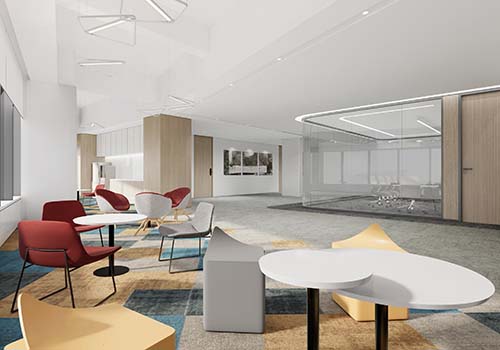
Entrant Company
Shaanxi Darelion-Decorationco., ltd.
Category
Interior Design - Office

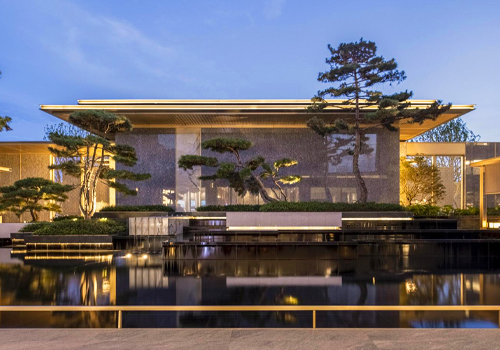
Entrant Company
LANSONG DESIGN GROUP
Category
Landscape Design - Residential Landscape


Entrant Company
Guangzhou Meihe Decoration Engineering Co., Ltd.
Category
Interior Design - Hospitality

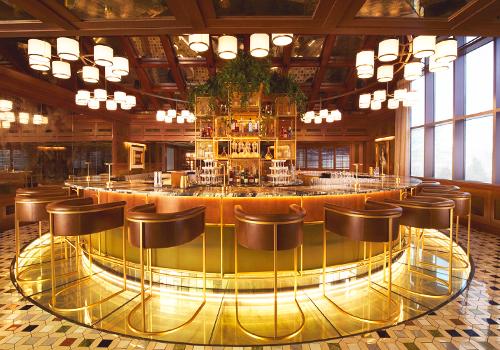
Entrant Company
84 Lumber
Category
Interior Design - Hospitality


